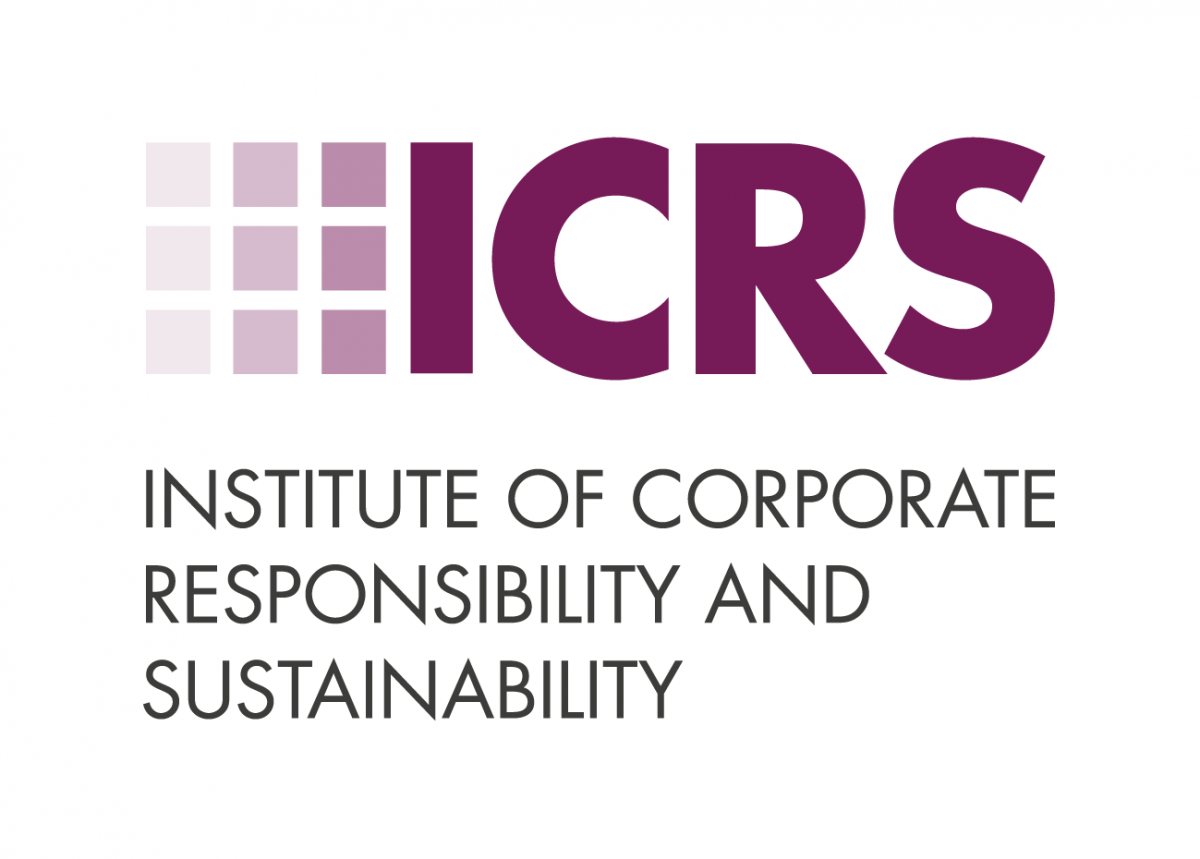The new Institute of Corporate Responsibility and Sustainability aims to fill a gap for the sector’s practitioners
Sustainability professionals are misunderstood – at least by some companies. The role is still often seen as a marketing or PR add-on, or as production management for corporate responsibility reports. The full strategic benefits of sustainability are still being reaped by only a few companies.
But help is at hand. A new UK professional organisation, the Institute of Corporate Responsibility and Sustainability (ICRS), formally launched on 9 July, promises to offer those working in sustainability a better-defined career path and support to achieve their professional goals.
Behind the ICRS is the Corporate Responsibility Group, a sustainability network that includes professionals from companies such as Accenture, British American Tobacco and the Crown Estate. The Corporate Responsibility Group provides the directors for the ICRS – the ICRS chair is Claudine Blamey, head of stewardship at the Crown Estate.

Emma Young, a sustainability consultant who is in charge of marketing for the ICRS, says the new institute fills a gap. Other corporate disciplines, such as marketing, communications or finance offer “a clear career mapped out” but “that didn’t exist for people in corporate responsibility”.
Partly that is because companies are at different stages in terms of sustainability, Young says. For some, sustainability is “very firmly on the strategic agenda” but in others “it can be a really lonely job – trying to push water uphill”.
The ICRS is in its infancy, but the logical outcome would be a suite of professional qualifications, similar to the certificates and diplomas offered by organisations such as the Chartered Institute of Marketing or the Institute of Chartered Accountants. At present, such qualifications for sustainability professionals do not exist.
Young says sustainability professionals looking for career development must “do a masters or a lot of little courses”. The ICRS is exploring the options for professional qualifications for sustainability with global training and education company Pearson, but sustainability certificates or diplomas are “a few years away”, Young says.
Venture welcomed
The ICRS enjoys broad support from sustainability professionals. Its launch event was oversubscribed and the first memberships are being issued. Joiners can be affiliates, associates or full members, and annual membership fees range from £30 to £164.
Alexandra Stubbings of Talik & Company, a strategic consultancy, says the establishment of the ICRS is part of the “coming of age” of sustainability, and should help to “create a professionalism for the sustainability role that puts it on a par with other professions”.
The “vast majority” of the sector would agree that the ICRS will boost the profession, Stubbings says. She adds that it should complement, rather than conflict with, organisations such as Ashridge Business School, which offers a masters in sustainability and responsibility, and the Institute of Chartered Accountants, which has a business sustainability programme that does not lead to a qualification.
Perhaps of equal importance to career development for individuals, the ICRS will also help companies better understand what sustainability professionals can offer, Young says. The ICRS can give the practice of sustainability “more weight”.
Stubbings says sustainability is about both strategy and analysis of the details, as an underpinning for business in an increasingly resource-constrained world. A more formalised understanding of the sustainability role through the ICRS is a “no brainer – it’s really important that we see the sustainability function as something that enables the whole organisation to develop”.
Further information: www.icrs.info
Accenture British American Tobacco Crown Estate ICRS
